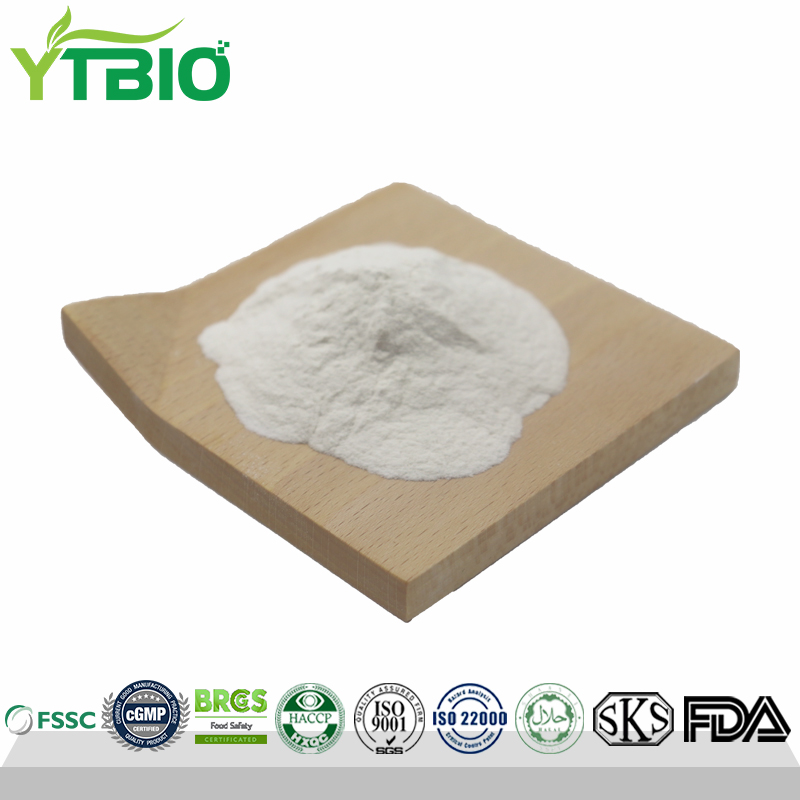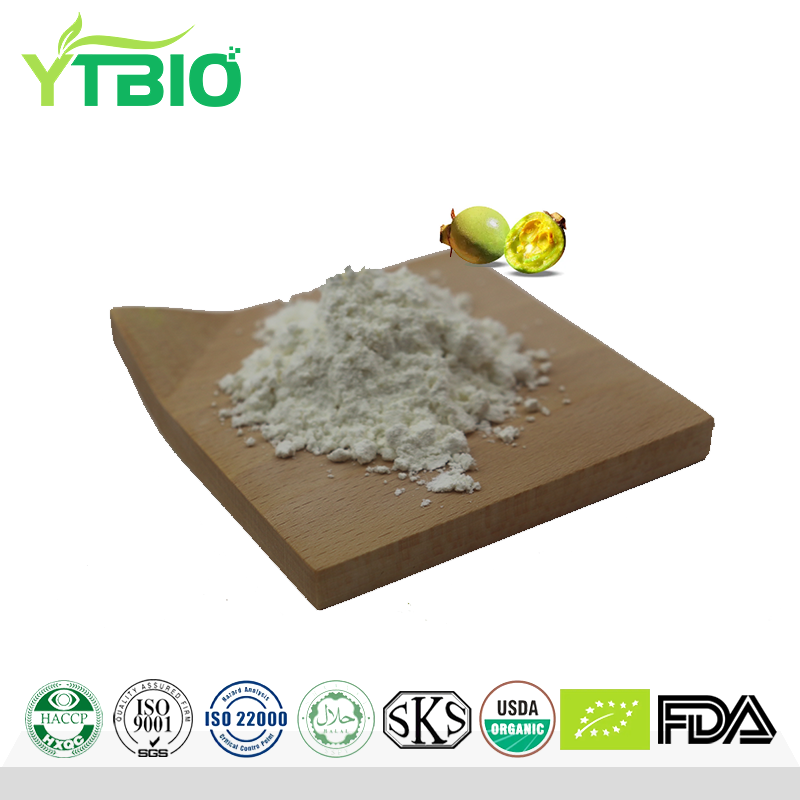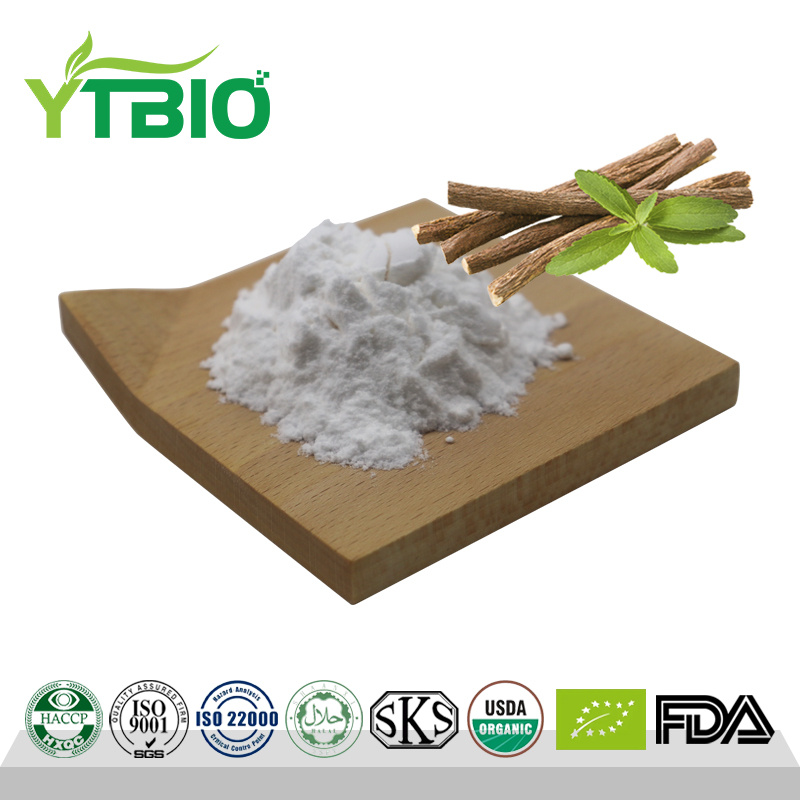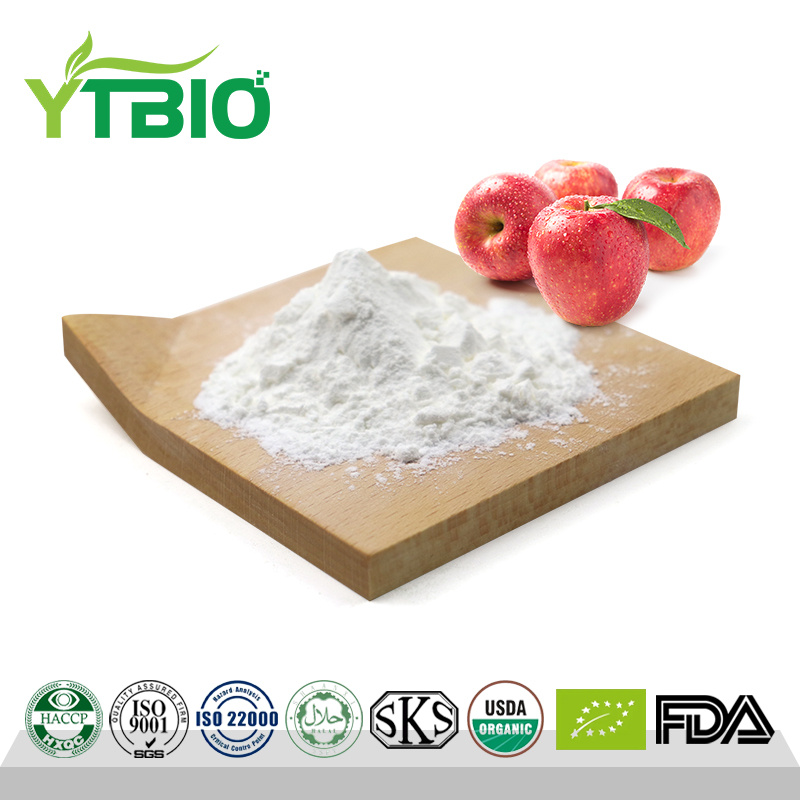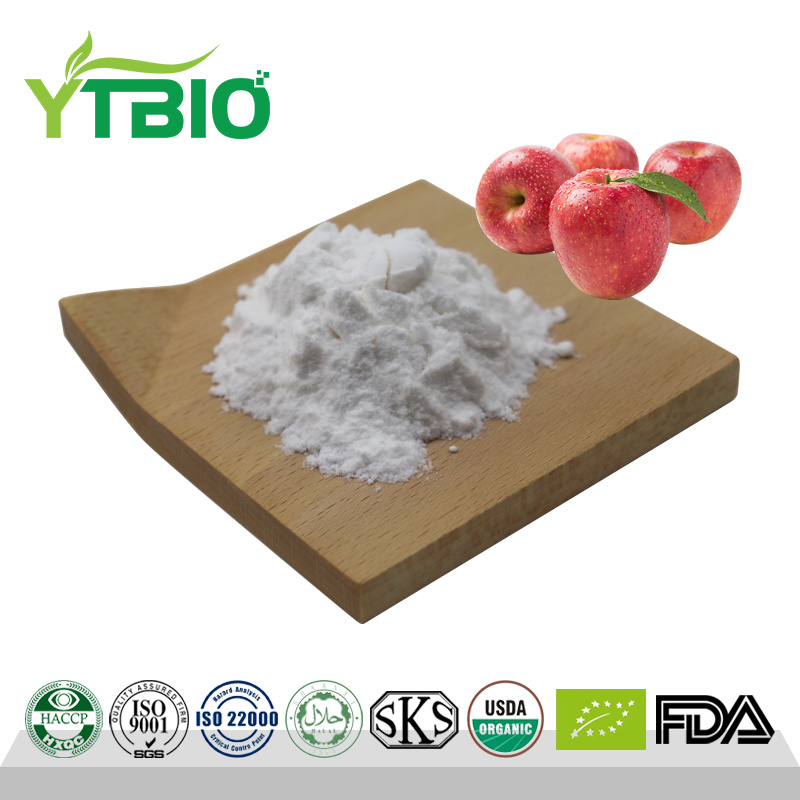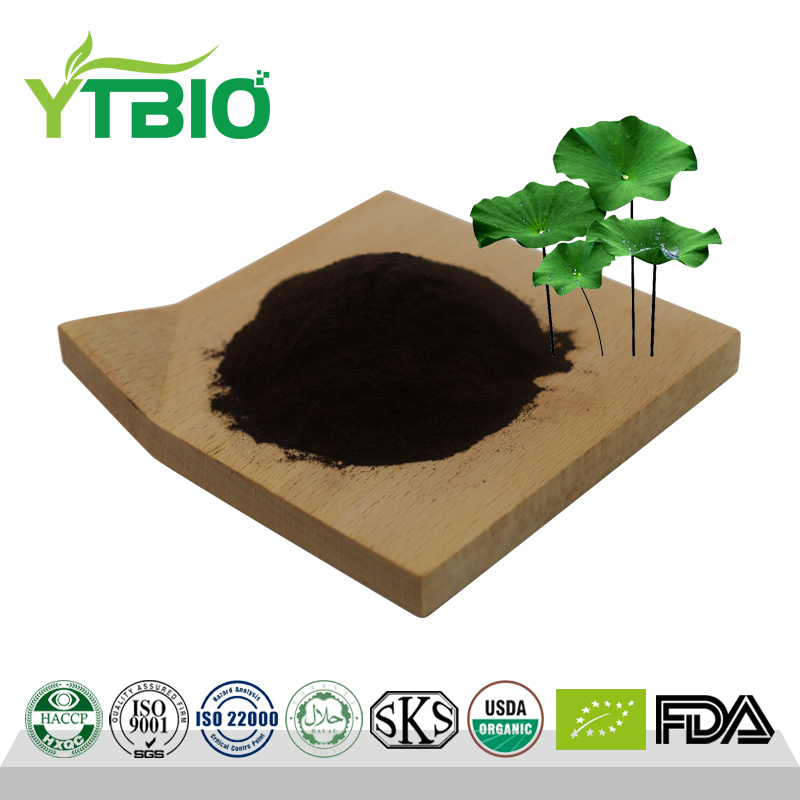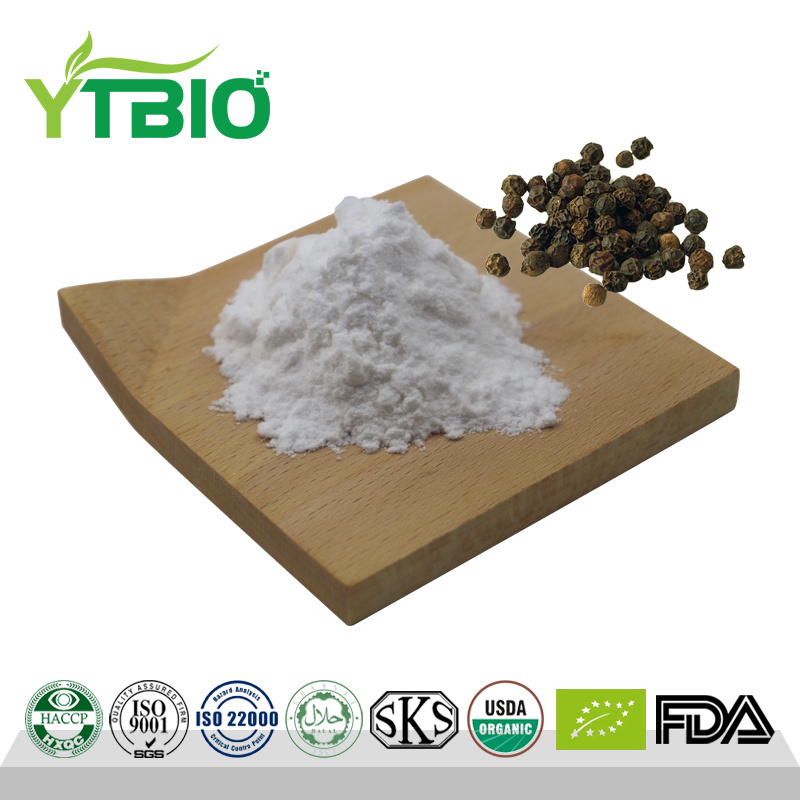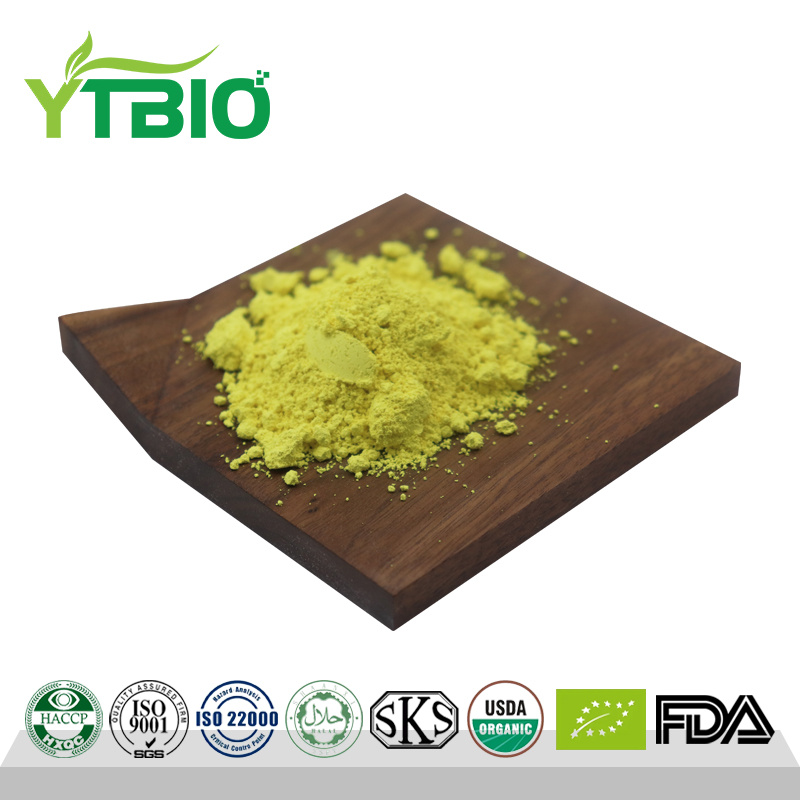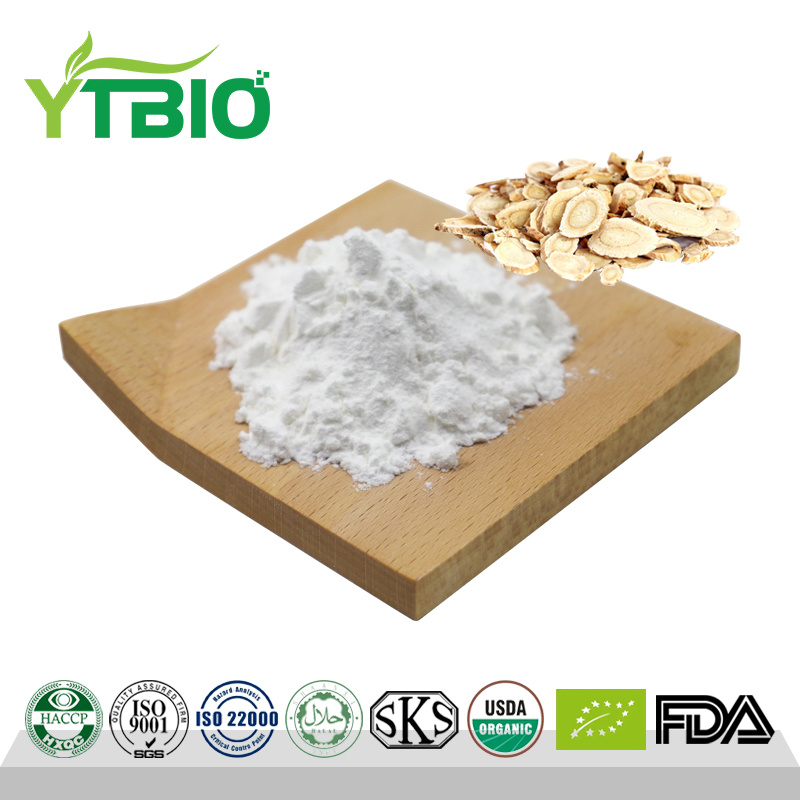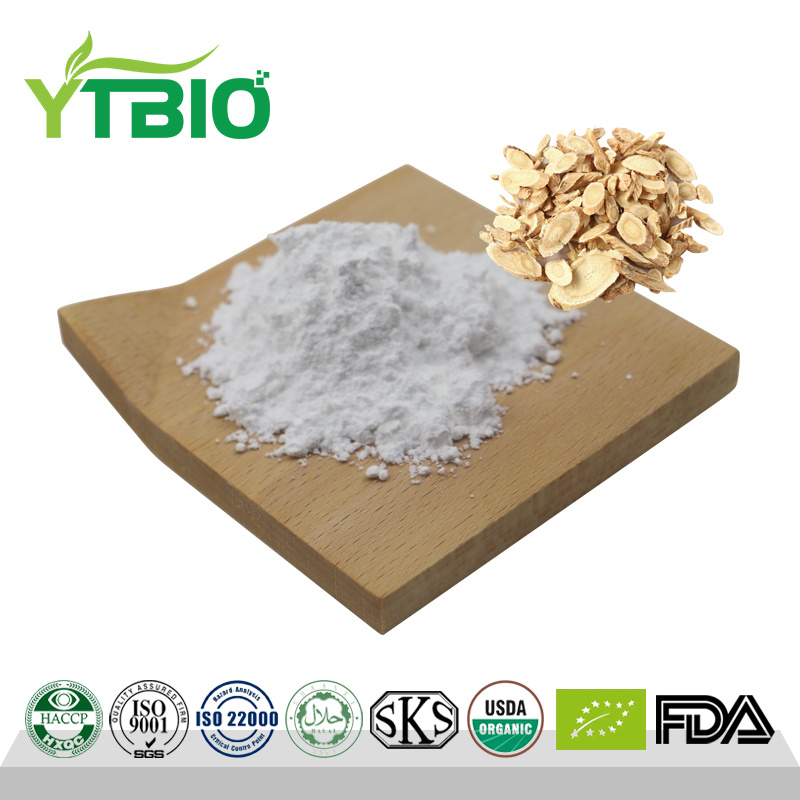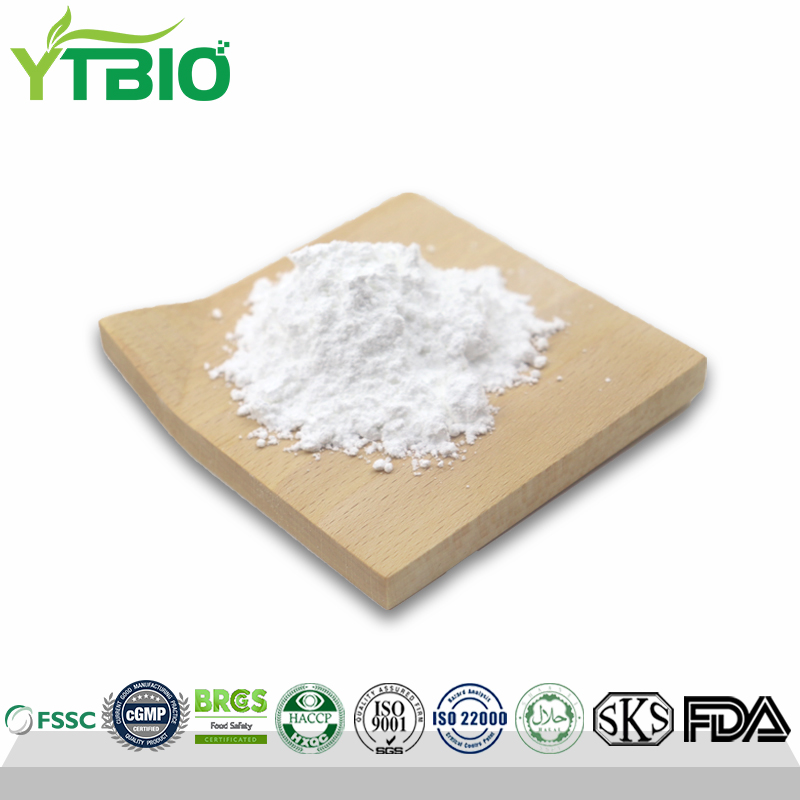Factory Direct Supply Of Allulose Powder
What is allulose?
Allulose is a rare natural sugar and a diastereomer of fructose. Scientists first discovered this substance in wheat more than 70 years ago, and later detected its presence in natural ingredients such as raisins, dried figs and brown sugar. In 2015, the US FDA officially approved allulose as a food additive, allowing it to be used in a variety of food fields such as baked goods, candies, dairy products, ice cream, and beverages.
As an emerging natural sweetener, allulose has similar properties to erythritol: both have similar sweetness and extremely low calories. However, the unique advantage of allulose is that its properties and functions are highly similar to sucrose, which makes it particularly outstanding in application scenarios such as baking that require high sugar properties. In addition, existing studies have shown that allulose is not only safe and has no obvious side effects, but may also have health benefits such as anti-obesity and anti-diabetes.
From the perspective of market prospects, the two natural sweeteners, allulose and erythritol, may form a competitive and complementary relationship in the future. With its "simulated sucrose" properties, allulose is emerging in the sweetener market and showing broad application potential.
Five core advantages of allulose
As a natural low-calorie sweetener, allulose has shown significant advantages in the food industry due to its properties close to sucrose, especially in baking, beverages and other fields. Its main advantages include:
1. Low in calories, suitable for people who control sugar
- The sweetness is about 70% of sucrose, but the calories are only 1/10 of sucrose.
- Studies have shown that allulose may help regulate blood sugar and improve insulin resistance, and is an ideal sucrose substitute for patients with type 2 diabetes and obesity.
2. Pure taste and stable sweetness
- The sweetness is soft and delicate, highly similar to sucrose, and has no bad aftertaste.
- The sweetness is not affected by temperature, and it can maintain a stable taste in both hot and cold foods.
3. High safety and no tolerance issues
- Compared with sugar alcohol sweeteners (such as erythritol), allulose does not cause gastrointestinal discomfort and has no intake restrictions.
- The metabolic process has no effect on blood sugar and is suitable for long-term consumption.
- Produced by natural enzymatic conversion (such as corn or beet fructose isomerization), without chemical synthesis process, in line with natural food standards.
4. Improve food quality and optimize processing performance
- It undergoes Maillard reaction with protein (such as egg white) to improve food texture and enhance antioxidant properties, extending shelf life.
- Replacing sucrose in baked goods (such as cakes) can enhance flavor and structure and reduce oxidation loss.
5. Stable chemical properties and wide applicability
- It can remain stable under acid, alkali or high temperature conditions and is more resistant to processing environments than sucrose.
- It is suitable for food systems with complex ingredients, such as dairy products, beverages, sauces, etc.
In summary, allulose has become a leader among the new generation of natural sweeteners with its low calorie, high safety, sucrose-like taste and excellent processing adaptability, especially suitable for the development of healthy foods and functional foods.
Application fields of allulose
1. Medical and health field
As a rare hexose in nature (D-fructose C-3 diastereomer), allulose is almost not digested and absorbed by the human body, does not provide energy, and is an ideal low-calorie sweetener.
It has the function of regulating metabolism:
Inhibits fatty liver enzymes and reduces fat accumulation;
Blocks the activity of intestinal α-glucosidase, delays glucose absorption, and helps control the rise in blood sugar after meals.
It is suitable for metabolic health management such as diabetes and obesity.
2. Application in the food industry
An excellent sucrose substitute: The sweetness is 70% of sucrose, with good solubility, extremely low calories, and little effect on blood sugar. It was certified as a safe food additive by FDA in 2011.
Improve food quality:
Enhance gelling properties and optimize food texture;
Reacts with protein to undergo Maillard reaction, improves flavor and generates more antioxidants, extending the shelf life of food.
Processing adaptability:
High solubility and stability, suitable for beverages, baking, dairy products and other foods;
Zero fat characteristics, can develop low-sugar, low-calorie healthy foods.


